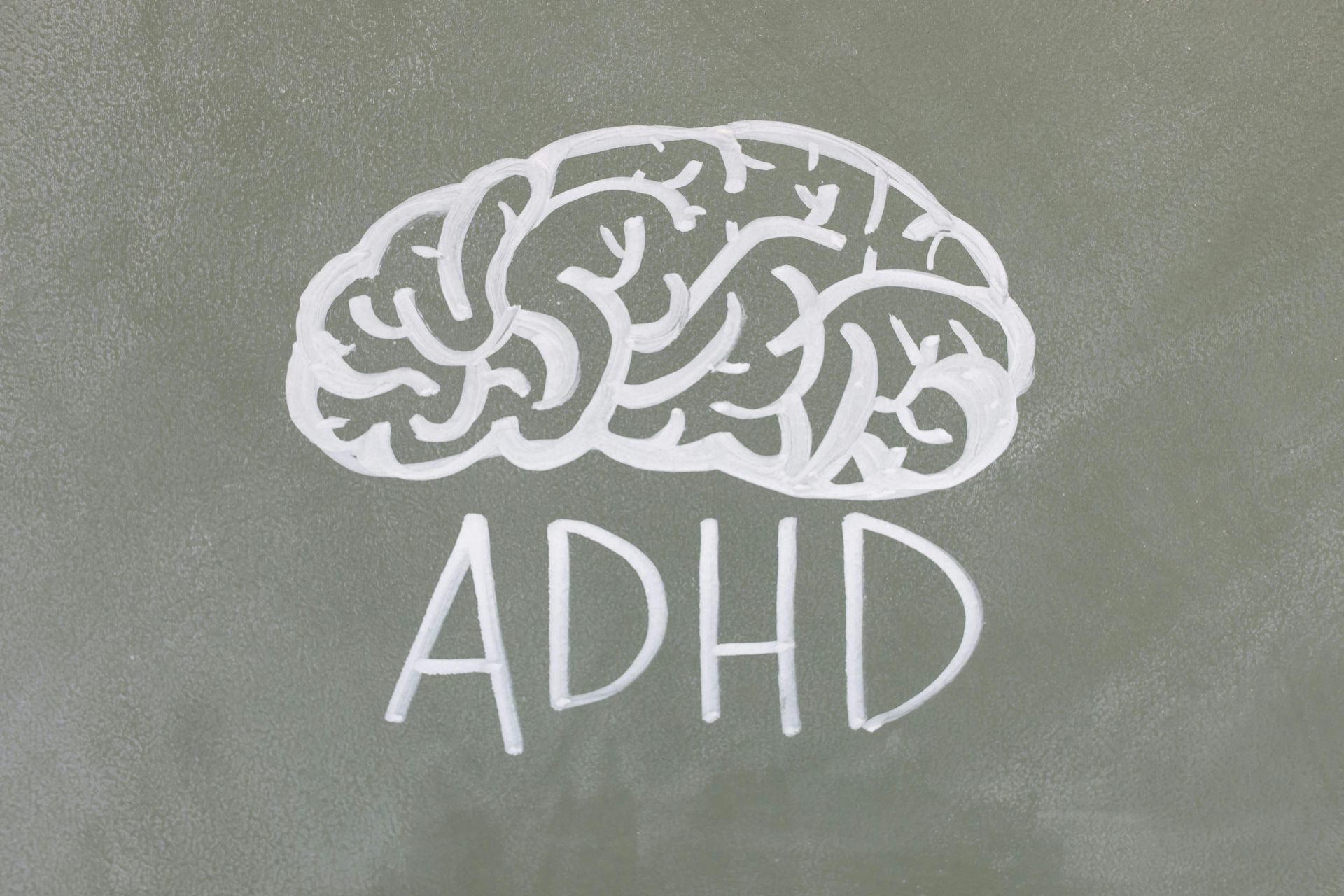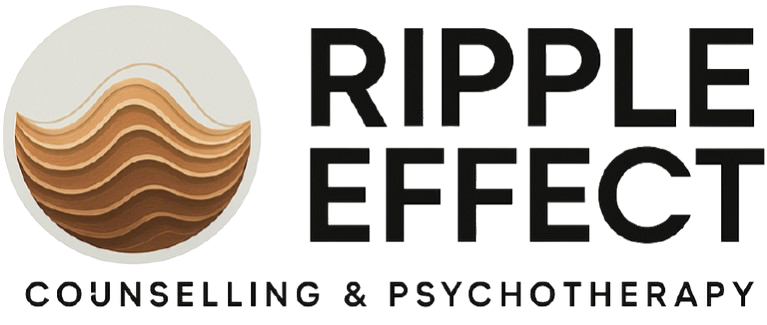ADHD and Emotional Dysregulation: Why Mood Swings Happen & How to Manage Them
ADHD and Emotional Dysregulation: Why Mood Swings Happen & How to Manage Them
By Masood Suliman | March 2025

Understanding the Emotional Rollercoaster of ADHD
ADHD is often associated with difficulties in focus and organization, but one of the most challenging aspects can be emotional dysregulation. If you or someone you love has ADHD, you may have noticed mood swings that seem intense or unpredictable. In this guide, we’ll explore why emotional dysregulation happens with ADHD and offer practical strategies to help manage these ups and downs.
Table of Contents
- What is ADHD?
- How ADHD Affects Emotional Regulation
- Common Triggers for Mood Swings in ADHD
- Strategies to Manage Emotional Dysregulation
- When to Seek Professional Support
What is ADHD?
ADHD (Attention-Deficit/Hyperactivity Disorder) is a neurodevelopmental condition that affects attention, impulse control, and emotional regulation. While many people think of ADHD as a childhood disorder, it often continues into adulthood and impacts various aspects of life, including work, relationships, and self-esteem.
Key characteristics of ADHD include:
- Difficulty maintaining focus
- Impulsivity and trouble controlling reactions
- Hyperactivity (in some cases)
- Emotional sensitivity and mood fluctuations
While ADHD presents differently in each person, emotional dysregulation is a common challenge that can lead to frustration, misunderstandings, and relationship difficulties.
How ADHD Affects Emotional Regulation
People with ADHD experience emotions more intensely than others and may struggle to regulate their responses. This is due to differences in brain function, particularly in the prefrontal cortex, which helps regulate emotions, impulses, and decision-making.
Some ways ADHD impacts emotional regulation include:
- Heightened emotional reactions: A small setback can feel overwhelming, leading to anger, frustration, or sadness.
- Difficulty shifting moods: Once an emotion is triggered, it may take longer to calm down or move on.
- Impulsive emotional responses: Reacting before processing emotions can create challenges in relationships and daily life.
- Sensitivity to rejection: Many individuals with ADHD experience Rejection Sensitive Dysphoria (RSD), where perceived criticism feels deeply painful and can trigger intense emotional distress.
- Understanding these patterns can help individuals and their loved ones develop strategies to navigate emotions more effectively.
Common Triggers for Mood Swings in ADHD
Identifying emotional triggers is key to managing mood swings.
Some common triggers include:
- Stress and overwhelm: Managing multiple tasks can quickly become exhausting, leading to emotional outbursts.
- Sleep deprivation: Poor sleep affects impulse control and emotional resilience.
- Rejection or criticism: Even mild feedback can feel devastating for someone wIth ADHD.
- Unexpected changes: A last-minute schedule change or disruption can be challenging to adapt to.
- Sensory overload: Noisy, chaotic environments can contribute to irritability and frustration.
- Lack of structure: Uncertainty and disorganization can increase feelings of anxiety and mood instability.
Recognizing these triggers can help in creating personalized coping strategies.
Strategies to Manage Emotional Dysregulation
While emotional dysregulation can feel overwhelming, there are ways to manage it effectively:
Practice Emotional Awareness
Recognizing emotions before they escalate can help prevent intense reactions. Journaling or using emotion-tracking apps can help identify patterns and triggers.
Develop Coping Strategies
Having a toolbox of coping techniques can make it easier to regulate emotions. Some helpful strategies include:
- Deep breathing exercises
- Progressive muscle relaxation
- Taking a break to reset
- Using self-talk to reframe negative thoughts
Establish Routines and Structure
Predictability can reduce stress and improve emotional stability. Creating daily routines, setting reminders, and planning ahead can help minimize frustration.
Engage in Regular Physical Activity
Exercise is a powerful tool for mood regulation. Activities like yoga, running, or dancing can help release excess energy and improve emotional balance.
Improve Sleep Hygiene
Quality sleep plays a crucial role in emotional regulation. Establishing a consistent sleep schedule, reducing screen time before bed, and creating a relaxing bedtime routine can make a significant difference.
Seek Support from Loved Ones
Open communication with family and friends can help manage emotional challenges. Expressing needs and setting boundaries can create a more supportive environment.
When to Seek Professional Support
If emotional dysregulation is affecting your relationships, work, or overall well-being, it may be time to seek professional help. Therapy can provide valuable tools for managing ADHD-related emotional challenges.
A therapist specializing in ADHD and emotional well-being can help you:
- Identify emotional triggers and patterns
- Develop personalized coping strategies
- Improve communication and relationships
- Build self-compassion and confidence
If you’re struggling with ADHD and emotional dysregulation, therapy can help you navigate these challenges and build a more balanced, fulfilling life.
Final Thoughts
ADHD can make emotional regulation more challenging, but with the right tools and support, it’s possible to manage mood swings and create a greater sense of balance. Understanding emotional triggers, practicing coping strategies, and seeking professional guidance when needed can all contribute to improved emotional well-being.
If ADHD-related mood swings are impacting your daily life or relationships, consider
reaching out for support. Therapy can help you gain insight into your emotions, develop effective strategies, and feel more in control of your emotional well-being.
This article is for informational purposes only and is not a substitute for professional mental health advice or therapy.

About Masood Suliman
Masood Suliman is a registered psychotherapist in Ottawa who provides relationship counselling, trust and boundaries, and trauma therapy. He provides a compassionate and evidence-based approach to helping people strengthen their connections. Trained in Cognitive Behavioral Therapy (CBT) and Eye Movement Desensitization and Reprocessing (EMDR), Masood offers tailored support to help navigate challenges and build healthier, more fulfilling relationships. If you're ready to work on building trust and setting healthy boundaries, reach out today.




